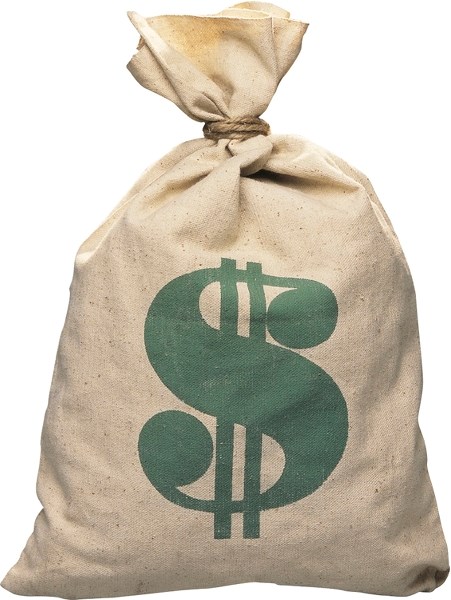Business owners in Cold Lake are bracing themselves as the province continues its move towards a $15 per hour minimum wage.
“It would be an understatement to say that small business is concerned about the significant labour dollar increase that we're facing,” said Bob Buckle, owner of Original Joe's. “Like most small businesses, I'm a little anxious on what that's going to mean to overall profitability and business growth plans within my business and within the community.”
On track to hit a $15 minimum wage by 2018, the Government of Alberta has developed the road map to that following “several weeks of consultation with Albertans.” Come Oct. 1, minimum wage will be bumped up another dollar to $12.20 per hour, and the current liquor server rate will be removed entirely.
For professions that use weekly and monthly minimum wages, those will rise to $486 and $2,316 at the same time.
According to the Government of Alberta, almost 300,000 Albertans earn less than $15 per hour. Of those, close to 223,000 aren't students, 78 per cent are permanent employees, 62 per cent are women, and 38 per cent are families with children.
“Albertans who work full time should be able to live with dignity, and that means being able to afford rent, food, and transportation for their families. This plan for Alberta's minimum wage provides long-term certainty to employers and workers,” said Alberta Minister of Labour Christina Gray.
The first increase came last October, with general minimum wage going from $10.20 to $11.20 and the liquor server wage rising $1.50 to $10.70.
Next year, on Oct. 1, 2017, it will rise by $1.40 to $13.60 per hour, before becoming $15 per hour on Oct. 1, 2018. Weekly and monthly rates will rise alongside of it as well.
While the provincial government has shown their full support for the increases, not backing down despite a lackluster economy, local business owners aren't feeling the “certainty” the province keeps mentioning.
“We're nervous and afraid. If you were looking at growing or expanding your business, or opening up a secondary location, this is definitely going to have you put that on hold until you can evaluate the full impact of what this means,” Buckle said.
He noted that due to the depressed economy, coupled with the first minimum wage increase, already at Original Joe's they are scheduling staff tighter to sales and looking for efficiencies. The restaurant employs, on average, 15 to 20 servers and 15 to 20 staff in the back of the house (cooks, dishwashers, etc.).
“We factored in a menu price increase to try and offset some of the impact, but it's not easily done with just menu pricing.”
The rise this fall will force employers to pay staff $2 more per hour than they were just two years ago. For those that employ liquor servers, those wages have jumped up $3 per hour in just two years.
While it may seem like a minimal amount at face value, for one staff member working 30 hours per week it equates to over $3,000 in a year. For a business that employees 10 staff at 30 hours per week, they'll be adding just over $31,000 in labour to their expenses.
“Consumers will eventually pay for the wage hike, as most hotels will be unable to absorb this cost,” said Andries de Beer, general manager of the Lakeland Inn and El Lobo Motel. “Along with the accompanying employment insurance, Canadian Pension Plan, and workers' compensation charges, the hospitality industry will be forced to undergo a dramatic triage of layoffs and cost cutting, resulting in fewer employment opportunities and poor economic growth.”
For many business owners, the province's plan to get the lowest incomes up to $15 per hour means giving an increase to not just their minimum wage employees, but all employees. This is an extra concern for the service industry, such as restaurants, where servers gather a substantial amount of their take home pay from tips.
“If a server is making $11.50 an hour and a starter cook is making $15 to $16, then the server that's making a couple hundred dollars a night in tips gets a rise to $15 an hour, the impact on the labour front is significant. That's also going to have to flow through now with our kitchen staff. When you look at the variable, that means they're going to be at $20 to $25 per hour,” explained Buckle.
He added, “How do I do that in a small business? There's no way I can compensate for the impact to my business through just menu pricing.”
However, despite a push from many groups representing various business sectors across Alberta, the provincial government won't be delaying their move towards a $15 per hour minimum wage.
Buckle noted that while unfortunate, it doesn't come as a shock.
“I'm not surprised that they've stuck to their guns. Sometimes ideology trumps common sense. I think that's what you're seeing in this case.”



